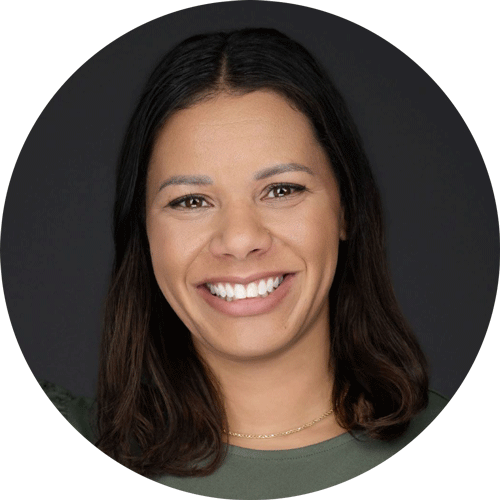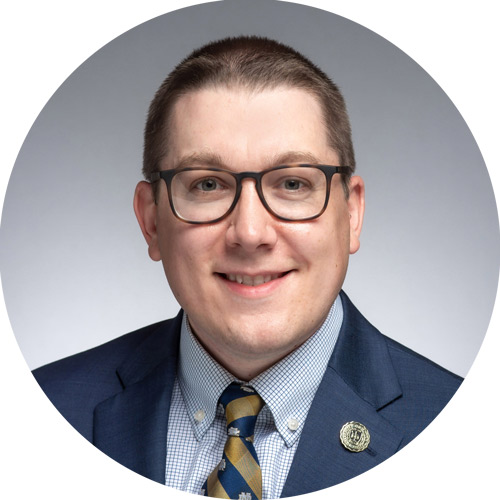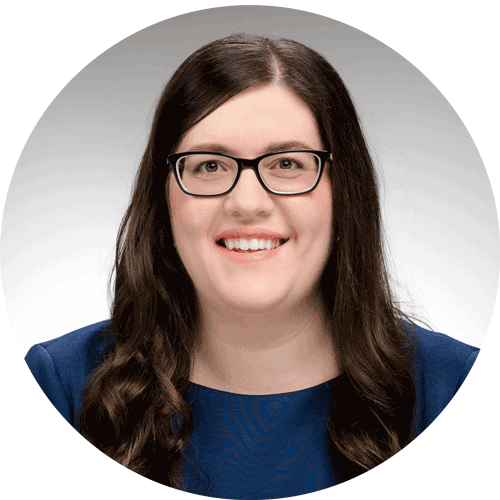As we reach the final week of classes, I'm pleased to highlight our faculty's impressive research achievements. Following are several notable papers recently published or forthcoming in leading academic journals that showcase our faculty's ongoing commitment to advancement in their fields.
Ben Golez, William and Cassie Daley Associate Professor of Finance
Ben Matthies, Assistant Professor of Finance
Fed Information Effects: Evidence from the Equity Term Structure (Journal of Financial Economics)
The researchers explore whether Fed interest rate decisions signal information about the state of the economy to investors. The authors use option prices to construct a short-horizon equity asset, a claim to aggregate dividends over the next six months, and study its response in a narrow window around Federal Open Market Committee announcements. They find a positive relationship between monetary policy surprises and short-horizon asset responses, revealing that short-term and long-term equity assets move in opposite directions on average following FOMC announcements. This pattern suggests that market participants interpret central bank policy decisions as conveying information about economic conditions. As a result, surprise accommodative monetary policy actions intended to stimulate economic growth may prove counterproductive if market participants interpret them as indicators of deteriorating economic conditions and curtail investment accordingly.
Vamsi Kanuri, Viola D. Hank Associate Professor of Marketing
Disentangling the Customer-level, Cross-channel Effects of Large-Order-Advantaged Online Shipping Policies (MIS Quarterly)
This study investigates the causal effects of replacing a tiered online shipping fee with a flat-rate policy at a large multichannel retailer. Applying a regression discontinuity approach to a large customer-level panel dataset, the authors find that the flat-rate policy counterintuitively led to a 23% increase in offline sales and reduced the number and share of online purchases. These outcomes are driven by two mechanisms: (a) order aggregation in the online channel and (b) longer interpurchase intervals that prompt customers to make smaller purchases in physical stores. The policy also increased total customer spend across channels. The findings have important implications for legacy retailers seeking to defend their brick-and-mortar presence against online-native competitors such as Amazon and demonstrate that shipping policies can be used strategically to stimulate cross-channel engagement.
Laurel Mazur, Assistant Professor of Accountancy
Corporate Financing Activities and Business Cycle Fluctuations (forthcoming in the Accounting Review)
While market watchers and researchers typically focus on corporate profits to gauge where the economy is heading, this study reveals another powerful predictor: how companies raise money. Using data from companies’ Statements of Cash Flows, this study tracks when businesses borrow money or sell shares to raise funds. When economic conditions weaken, companies’ financial health suffers, making lenders less willing to provide financing and raising the cost of borrowing. This forces companies to cut back on hiring, research and investment, which further weakens their financial position — a self-reinforcing cycle called the “financial accelerator.” While large, established firms can usually raise money even during economic downturns, watching how smaller and medium-sized companies raise funds proves especially revealing. By focusing on these more economically sensitive companies, the authors create a new measure that accurately forecasts economic changes up to a year ahead, outperforming traditional economic indicators in predicting both GDP growth and employment trends. This research gives economists, policymakers, and business leaders a new tool to spot early warning signs of economic changes and better prepare for economic shifts before they fully materialize.
Shawn Qu, Assistant Professor of IT, Analytics, and Operations
Francis Bilson Darku, Assistant Professor of IT, Analytics, and Operations
Shapley-Value-Based Feature Attribution for Data Masking (forthcoming in Management Information Systems Quarterly)
As personal data becomes central to digital innovation, balancing its value with the growing risks to individual privacy is a pressing challenge for businesses and society. This study tackles the issue by introducing a novel framework that applies Shapley-value-based feature attribution to data privacy protection. Unlike traditional approaches that assess privacy risk at the dataset level, this framework evaluates the tradeoff between data utility and disclosure risk at the feature level — offering more granular, ethical decision making. Its method-agnostic design equips organizations and policymakers to unlock business values while upholding responsible data practices.
Amanda Sharkey, Coyle Associate Professor of Management & Organization
Corporate Social Responsibility at the Margin: Firms' Responses to Marginal Inclusion on the Vault 100 Law Firm Ranking (Strategic Management Journal)
This study examines how marginally ranked firms respond to the anxiety of constant external evaluation. The researchers found that such firms strategically increase their corporate social responsibility (CSR) efforts to secure their positions, meet expectations and preemptively address criticism. Analysis of pro bono work at major U.S. law firms confirms this tendency, especially among firms with fluctuating rank positions. The findings reveal how rankings drive CSR strategies as firms attempt to balance status concerns with performance.
Andrea Tamoni, Associate Professor of Finance
When It Rains It Pours: Cascading Uncertainty Shocks (Journal of Political Economy)
The paper investigates what happens when uncertainty shocks occur in close proximity rather than in isolation. The authors find that these back-to-back shocks inflict more economic damage than traditional models predict. Their effects are superadditive: the combined impact of two shocks exceeds the sum of each shock’s standalone effect. What drives this amplification? The answer lies in how individuals adapt their behavior when facing repeated risks. While standard economic models account for precautionary behavior under risk, this paper emphasizes that state-dependent precautionary responses — those that vary depending on prior exposure to uncertainty — only emerge in higher-order mathematical models (fourth order or higher). The authors highlight the importance of higher-order risk attitudes, particularly edginess, which corresponds to the fifth derivative of the utility function. Just as the concept of prudence (the third derivative) explains how individuals increase savings in response to risk, edginess captures how they react to a new risk when another is already present in the background. Future models of uncertainty must go beyond standard approximations and incorporate these higher-order methods to better capture how serial uncertainty shocks shape economic outcomes.
Thank you to Ben, Ben, Vamsi, Laurel, Shawn, Francis, Amanda and Andrea for your research contributions, and congratulations.
I also hope you will be able to attend the Mendoza Mission Research Awards presentation and reception on Friday, May 2. The presentation is from 3-4:30 p.m. in Mendoza 161 with the reception following in the atrium. Hope to see you there!
In Notre Dame,
Martijn
Martijn Cremers
Martin J. Gillen Dean
Bernard J. Hank Professor of Finance







